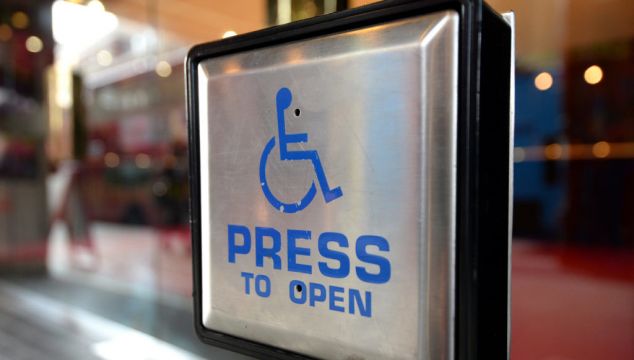There was a “significant deterioration” in compliance levels in centres for people with disabilities, a report by the Health Information and Quality Authority (Hiqa) has found.
Information provided to Hiqa revealed there was a marked difference in overall levels of compliance in centres where residents live in either community-based settings or congregated settings.
There are more than 200 centres based in congregated settings offering a total of 2,419 residential places in Ireland.
In its report on disability services and centres for 2021, it found that residents living in congregated settings were more likely to experience a poorer quality of life.
We have published an overview report on the monitoring and regulation of designated services for people with disabilities during 2021. Read our press release to find out more: https://t.co/hfNk9tYgSh pic.twitter.com/x6rMhu10q7
Advertisement— HIQA (@HIQA) August 8, 2022
It said there were notable inequalities in the overall quality and safety of the services being provided to residents, when compared to their peers living in small community based settings.
It said that many residents living in congregated settings, during periods of national restrictions and lockdown, inspectors found that there was a significant reduction in the provision of activities of interest during the day.
Many residents living in congregated settings spent a significant proportion of their time in their centres with limited visits from either their families or to the community.
Whereas the majority of people in the general community and many residents living in community-based settings were able to enjoy more freedom to access the community during last year.
The report said that a comparison of the levels of compliance between community-based settings and congregated settings continues to highlight a significant difference in the levels of non-compliance in congregated settings.
The 2021 compliance findings in congregated settings had a “concerning” deterioration in the level of noncompliance (29.3%) compared to 2020.
There was also a small decrease in the overall level of compliance of staffing levels when compared to the previous year.
While many providers were found to have suitable contingency arrangements in place and could deploy staff who were suitably skilled and trained from other parts of their organisation, some providers had struggled to recruit staff or to put in place suitable contingency plans to maintain a safe and minimum staffing complement.
In some instances, inspectors found providers had significantly reduced the level of minimum staffing available in their centres at times of high levels of Covid-19 infection, sickness or absence.
While many providers had undertaken risk assessments and controls to manage these situations, it said that worryingly some providers had failed to undertake an adequate risk assessment of minimum staffing levels.
This meant that there were observable gaps found by inspectors in the overall quality of service provision in these services and occasions where residents were not engaged on an ongoing basis in any meaningful activity or able to leave the centre due to staff constraints.
There is again a substantial difference in the overall level of compliance with staffing, when compared across congregated and community settings, the report found.
Data from the 2020 overview report demonstrated that for community-based settings, compliance levels remain similar in 2021.
However, in congregated settings there has again been a significant and negative shift in the previous level of non-compliance from 15.5 per cent in 2020 to 26.6 per cent in 2021.







